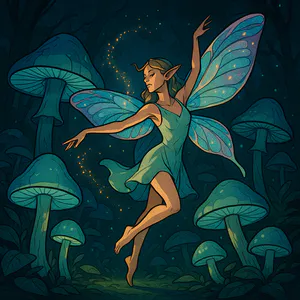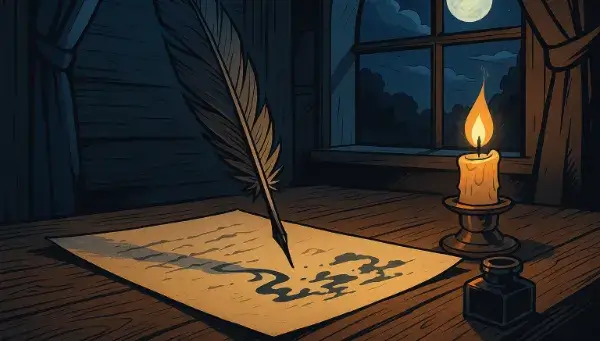Generate fairy names
More Fantasy Name Generators- <% result.name %>
Discover all Story Shack apps
Enchanting Your Fairy Name
To name a fairy, reflect on:
- Does it evoke flowers, dew, or moonlight?
- Should the name sound light or tinkling?
- Will it hint at fey heritage or domain?
- How many syllables suit their whimsy?
- Could a suffix like “-drop” or “-beam” add sparkle?
Fairy Name FAQs
Answers for magical naming:
How are names generated?
It merges nature-inspired fragments and whimsical suffixes for fey monikers.
Can I specify theme?
Not yet; regenerate until a nature motif emerges.
Are names lore-friendly?
They follow generic fairy conventions but remain unique.
How many can I generate?
Unlimited—click to fill your glens with names.
How copy or save?
Click to copy or heart to save.
What are good fairy names?
There's thousands of random fairy names in this generator. Here are some samples to start:
- Florian Foggydash
- Nightfall Merrylashes
- Oleander Mountainbud
- Luke Limeglow
- Moptop Twistyvalley
- Midnight Amberlake
- Bethany Mossroot
- Selene Chillygarden
- Twig Crystalmist
- Marin Cocoalight
About the creator
All idea generators and writing tools on The Story Shack are carefully crafted by storyteller and developer Martin Hooijmans. During the day I work on tech solutions. In my free hours I love diving into stories, be it reading, writing, gaming, roleplaying, you name it, I probably enjoy it. The Story Shack is my way of giving back to the global storytelling community. It's a huge creative outlet where I love bringing my ideas to life. Thanks for coming by, and if you enjoyed this tool, make sure you check out a few more!

































































